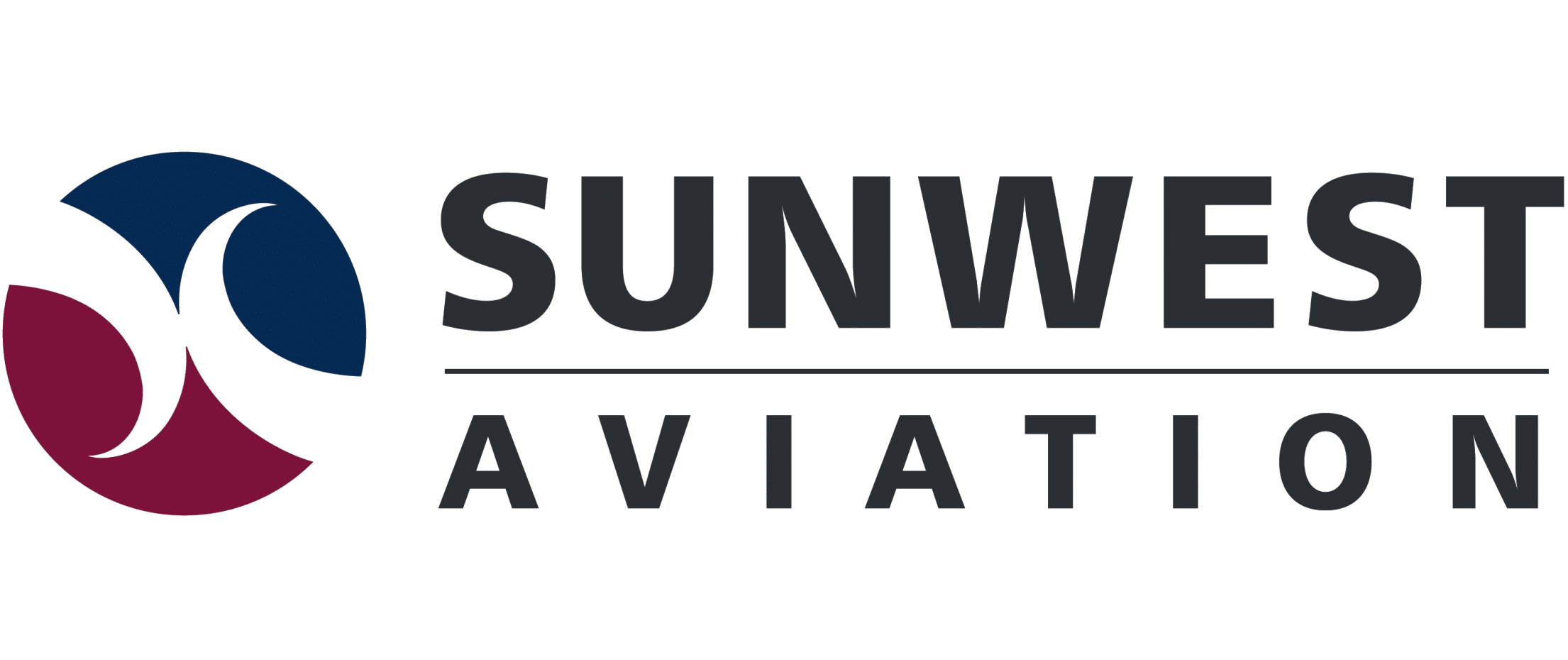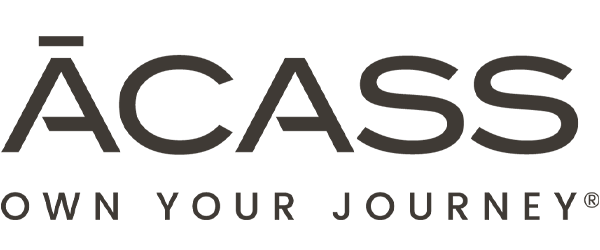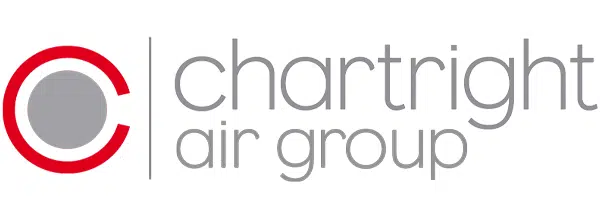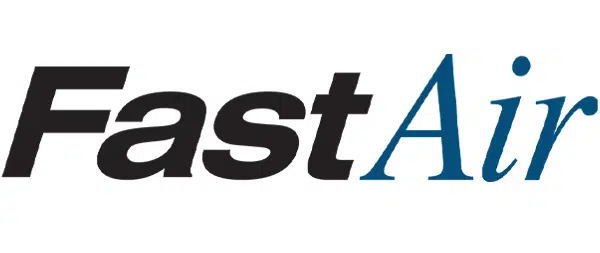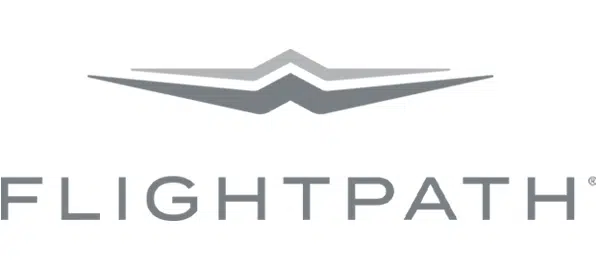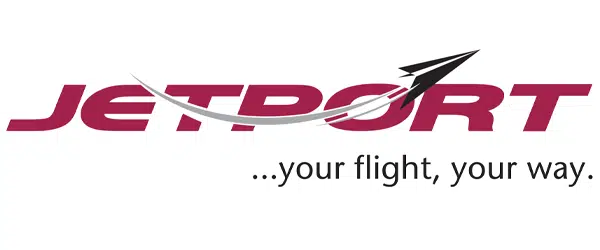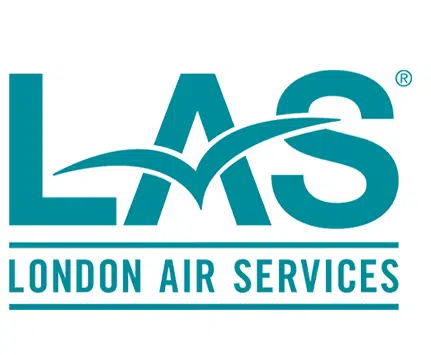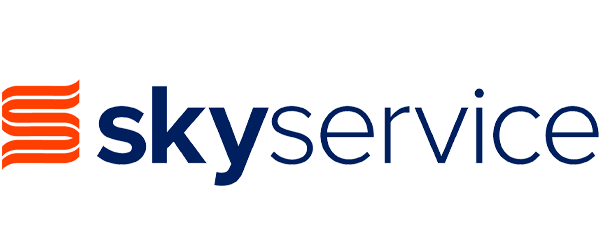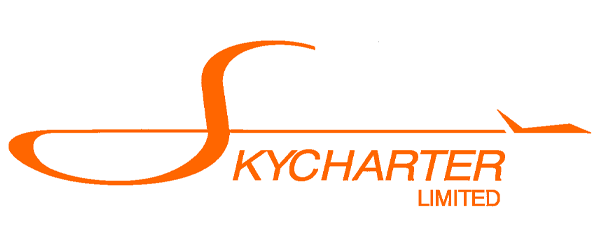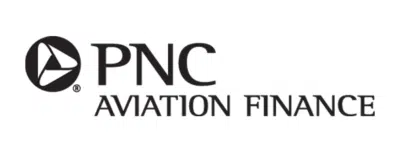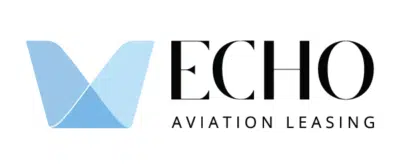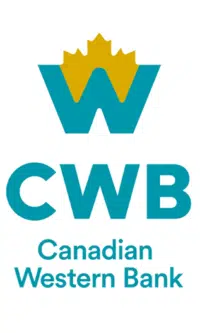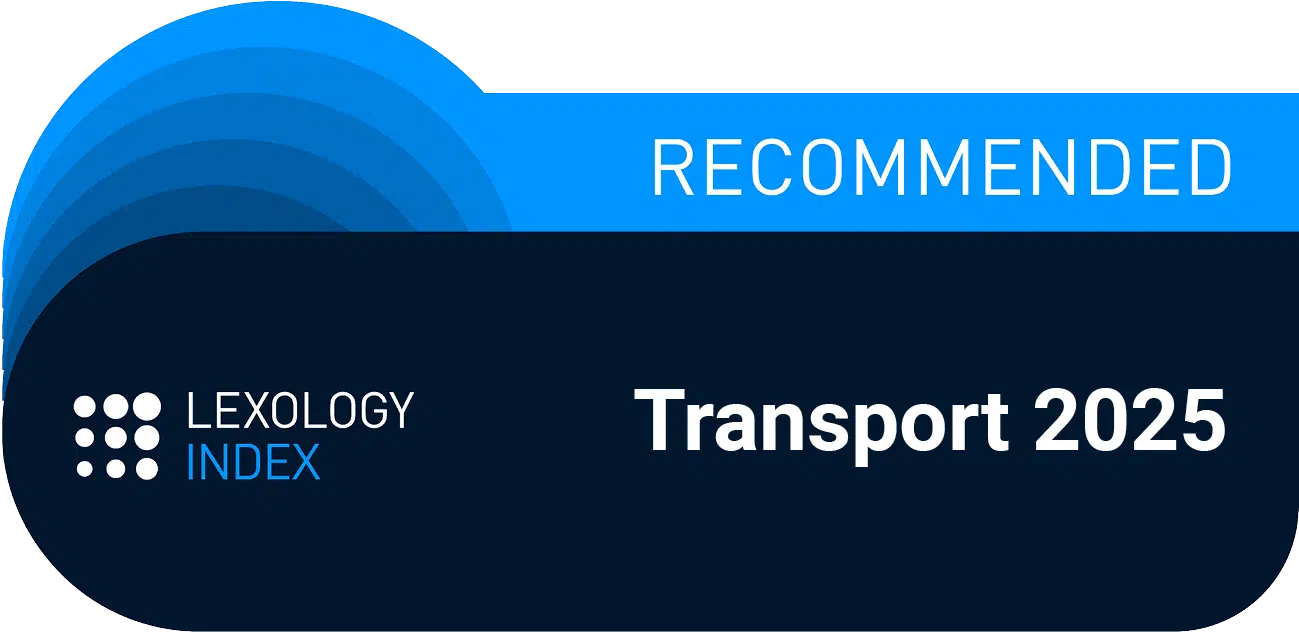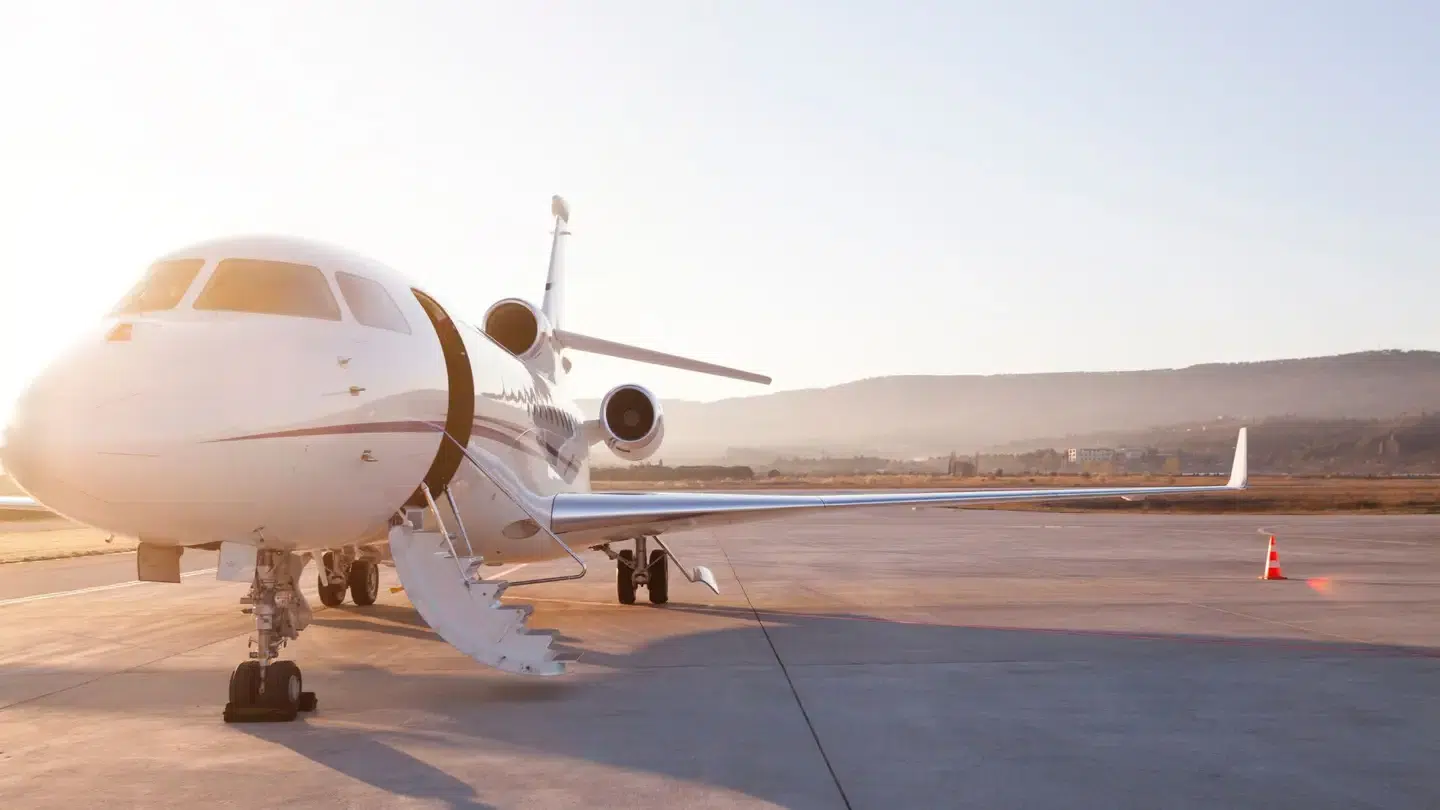
The Canadian aviation industry is regulated by several government entities. From overseeing the safety and security aspects of civil aviation, the economic regulation of civil aviation, front-line border enforcement, administration of Canada’s Goods and Services Tax (or Harmonized Sales Tax), and managing Canada’s diplomatic and consular relations, YYZlaw has many years of experience dealing with all the regulatory bodies and has in-depth knowledge of the requirements and processes involved/required by each.
In this section
Transport Canada
Transport Canada is the primary Canadian authority for overseeing the safety and security aspects of civil aviation. Transport Canada is responsible for granting air operator certificates, including foreign air operator certificates to commercial air service providers, and maintenance and repair organization certifications. These are all highly technical processes focussing on the approval of manuals and maintenance procedures, including flight crew, aircraft maintenance engineer (AME) competency and aircraft airworthiness considerations. Similarly, Transport Canada oversees the training and licensing processes for pilots, AMEs and air traffic controllers, as well as the delivery of specialty air services such as heli-logging, aerial dispersant, and survey operations. Aircraft registration and deregistration from the Canadian Civil Aircraft Register are also administered by Transport Canada.
Transport Canada (TC) has responsibility for considering and issuing flight permits to air operators seeking to ferry an aircraft, operated pursuant to a flight/ferry permit issued by another national aviation administration (including where the aircraft is being ferried without a valid certificate of airworthiness), over Canadian airspace, enroute to its ultimate destination. Before such operation can commence an operator must apply for, and obtain, an overflight authorization from TC. This process assesses the risks posed by the operation to both civil aviation and Canadian society, relying on the assessments made by the other national aviation administrations which may be involved.
TC is the primary enforcement body when it comes to violations of the Aeronautics Act, the Canadian Aviation Regulations, Canadian Aviation Security Regulations and Transportation Information Regulations. In order for any person to operate, or maintain, an aircraft in Canada, such person will inevitably deal with, or be required to comply with, TC’s processes.
Canadian Transportation Agency
The Canadian Transportation Agency is primarily responsible for the economic regulation of civil aviation in Canada. In its function, the Canadian Transportation Agency deals with the issuance of economic licences for both domestic and foreign air carriers.
Upstart Canadian companies, wishing to provide air transportation, are required to comply with foreign ownership and financial fitness determinations, which are administered by the Canadian Transportation Agency (CTA) in accordance with the Canada Transportation Act. Foreign and domestic air carriers are also required to comply with minimum insurance requirements and passenger protection initiatives which are also within the administrative responsibility of the CTA, under both the Air Transport Regulations and the Air Passenger Protection Regulations. These requirements and initiatives include filing of international tariffs which form the actual basis for the obligations of an air carrier and its passengers. While common language information printed on itineraries, airline websites and boarding passes may be of assistance to traveling passengers, all specific rights and obligations of a passenger and an air carrier must be consistently stated in the air carrier’s filed tariff. The CTA relies upon the tariff during an adjudicatory process in relation to a passenger complaint.
The CTA is responsible for issuing permits for foreign air carriers seeking to operate fifth freedom or seventh freedom operations to or from Canada. A common question YYZlaw addresses is whether an air carrier can obtain special operating rights in the absence of a Canadian Foreign Air Operator Certificate. In all but the most exceptional and dire situations, the answer is always no.
While the CTA is obligated to remain independent, and to make determinations on a quasi-judicious basis, in recent times it has developed a strong tendency to consumer protection measures. Some of the CTA’s decisions continue to defy logic, and the rule of law, in relation to such things as the applicability of Canadian disability law at airports on the other side of the globe. In fact, two of the dispute resolution processes which are overseen by the CTA (facilitation – airline to traveller contact facilitation, and mediation – mediation among an airline and an unsatisfied passenger/traveller) continue to fail to reasonably address the legal rights and obligations of both the air carrier and the passenger involved, leading to unrealistic expectations on the part of passengers which expectations are usually dashed once the matter finally arrives at the CTA’s adjudicatory function.
Canada Border Services Agency
The Canada Border Services Agency is Canada’s front-line border enforcement agency and is responsible for collecting duties on imported assets (including aircraft) and commodities as well as ensuring the lawful operation of foreign aircraft entering Canada through a port of entry. Their responsibilities include safeguarding Canada from the importation of drugs, defective products, and invasive species, etc. They are also responsible for enforcing Canada’s immigration laws at Canada’s borders and points of entry. Passengers entering Canada are required to possess a form of citizenship from a visa-exempt country, an electronic travel authorization or a visa issued by Immigration, Refugee and Citizenship Canada.
As it relates to air carriers, the Canada Border Services Agency (CBSA) will assess whether an air carrier’s operation in Canada is permissible and in compliance with Canadian cabotage restrictions. Additionally, the CBSA is responsible for dealing with improperly documented passengers which are brought to Canada by an air carrier. The penalties facing air carriers for transporting an inadmissible person to Canada are steep – in the order of $25,000 per inadmissible passenger, plus the costs of repatriation of such inadmissible passengers. To facilitate recovery by the Government of Canada of such penalties, the CBSA may demand a cash deposit from air carriers before services to Canada can be commenced. These deposits secure an air carrier’s obligation to i) pay for the administrative penalties which are assessed, and ii) the costs associated in relation to repatriating inadmissible persons.
With the sheer sophistication of methods used by smugglers and inadmissible persons to circumvent Canadian immigration laws, completely eliminating this issue is all but impossible to achieve. However, once an air carrier has established a reputation for their proactive processes to screen inadmissible passengers, such air carriers are able to seek memorandums of understanding with the CBSA to alleviate some of the fines which may be incurred due to the transport of inadmissible passengers.
Canada Revenue Agency
The Canada Revenue Agency (CRA) is responsible for the administration of Canada’s Goods and Services Tax (or Harmonized Sales Tax in some provinces) as it relates to the sale of air travel and aviation and jet fuel. Additionally, the CRA is responsible for the collection of the Air Traveller Security Charge which air carriers are obligated to collect on most itineraries which arrive in, or depart from, a Canadian airport.





